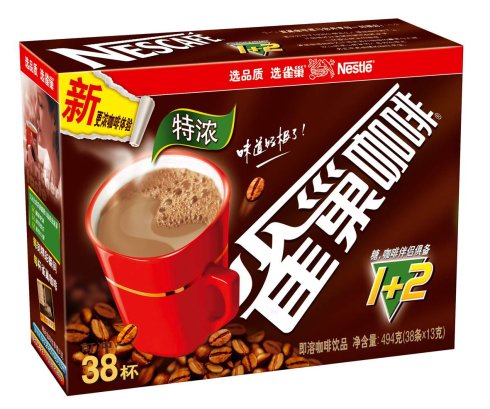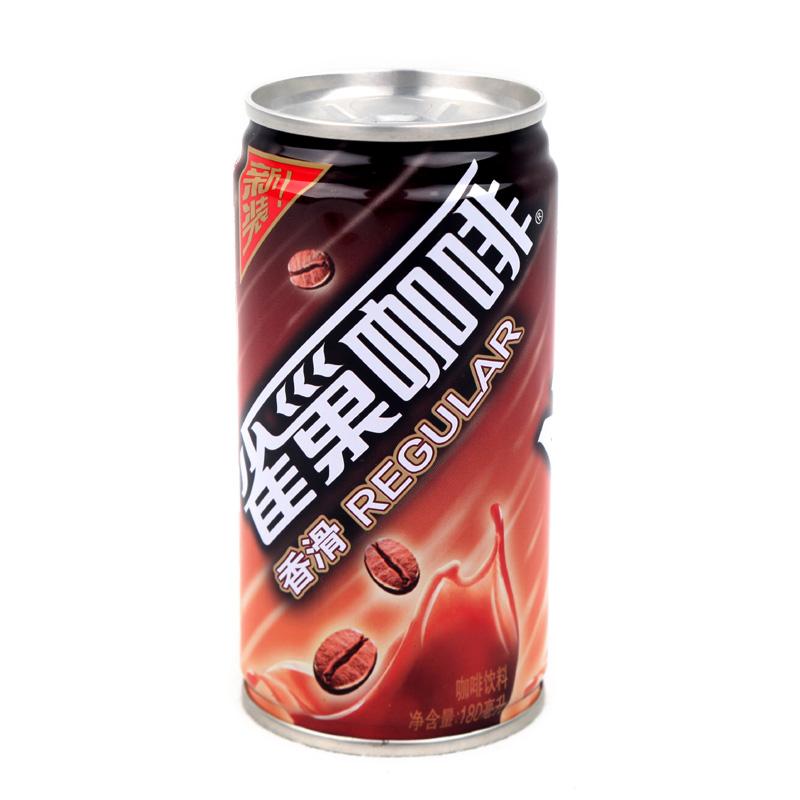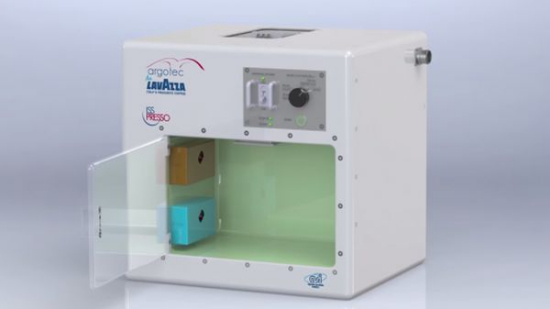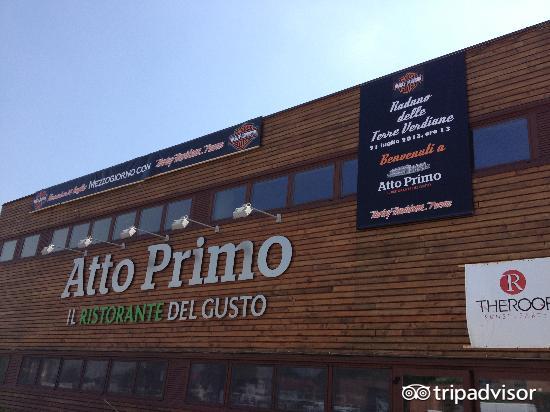Is Nestl é too optimistic about instant coffee and a drag on mergers and acquisitions?

In February 2015, nearly 400 tons of unexpired Nestle coffee was destroyed in Dongguan, Guangdong, with a market value of nearly 10 million. Nestl é officials responded that the move was to keep products fresh and destroy stocks.
The dumping of instant coffee by Nestl é (China) Co., Ltd. (hereinafter referred to as Nestle China) is the largest destruction of instant coffee since the factory was established in 1992.
Xu Xiongjun, an expert on strategic positioning of food and beverage, said: "the dumping of Nestle coffee is basically the same as that of dairy farmers some time ago. the growth rate of the industry slows down, but production capacity increases ahead of schedule, resulting in a situation of oversupply." in order to maintain market prices, we can only dump. "
Nestl é is too optimistic about instant coffee
In February this year, Nestl é released its 2014 annual report, which showed that global sales were 91.6 billion Swiss francs, an organic growth of 4.5%, a five-year low. Among them, the organic growth in Asia, Oceania and Africa was 2.6%, and the real internal growth was-0.3%. Among them, the largest growth rate comes from Nestle's series of nutrition and health products, while cooking seasonings are slightly weak.
Gong Wanren, chief financial officer of Nestl é, revealed at the 2014 earnings analyst meeting that in addition to the good performance of the ready-to-drink coffee series, such as silky lattes, one of the reasons for the group's slowing performance was the impact of the Chinese market.
Qiu Hao, an analyst at Mintel Research, told Rule of Law weekend that the growth rate of instant coffee in China has slowed since 2009.
"Nestl é may be too optimistic about the growth of the market, and there is a gap between production plans and weak sales." Hu Lu, deputy secretary general of Yunnan Coffee Industry Association, said in an interview, "Nestl é has bid farewell to the dominant situation. In recent years, competitive brands have emerged one after another. At present, there are hundreds of instant coffee brands in China." In the context of the shrinking global market for instant coffee, China's newly emerging consumer market is still rising. "
According to the Mintel industry research report, sales in China's coffee market have grown rapidly in the past five years, from 5.554 billion yuan in 2009 to 10.343 billion yuan in 2013. With an average annual compound growth rate of 16.2% over the past five years, coffee is one of the fastest growing categories in China's non-alcoholic beverage market.
Other statistics show that the size of China's coffee consumption market was only 70 billion yuan in 2012, and this figure is expected to double to 150 billion yuan by 2017.
Of course, Nestl é instant coffee's leading position in the industry has not been shaken. According to Qiu Hao, the market share of Nestl é instant coffee fell to 70.8% in 2013 from 71.2% in 2012. The reduced share of this part has been carved up by a number of brands, with the largest growth being Mondelez International's Maxwell.
But in January, Mondelez announced that it would spin off its instant coffee company, Maxwell, in order not to affect the company's overall growth.
In fact, the product line of Nestle Coffee covers a wide range of products, including instant coffee, instant coffee, freshly ground coffee beans, coffee capsules and coffee machines. Comprehensive coverage of high, middle and low-end brands.
According to the Mintel industry research report, the market share of instant coffee, freshly brewed coffee and ready-to-drink coffee in China is 71.8%, 10.1% and 18.1% respectively. While instant coffee will continue to dominate China's coffee market, these two market segments are expected to gain more share as the freshly ground and ready-to-drink coffee markets grow more rapidly.
Nestle Coffee is under full siege
Mintel expects the share of instant coffee to fall by more than 5 percentage points to 66 per cent by 2019, and Nestl é's largest market share is instant coffee.
Now, various brands of Nestl é are facing the challenge of emerging brands in the market. One of them is fresh coffee bought from Starbucks-style food and beverage channels.
According to the Mintel industry analysis report, the retail market sales of coffee shops in China were 5.07 billion yuan in 2014 and are expected to reach 8.68 billion yuan in 2019. With the entry of a number of international coffee chain brands into the Chinese market, such as Starbucks in 1999 and Costa in 2007, the Chinese coffee shop market is developing rapidly. Earlier market entrants, such as Shangdao Coffee and Dior Coffee, prompted the culture of drinking coffee out to take root in China. The number of Starbucks and Costa stores increased by 45 per cent and 29 per cent respectively from 2012 to 2013.
"the rapid growth of coffee shops is bound to have an impact on other coffee markets." Qiu Hao analyzed and said. From another point of view, due to the different market positioning, Hu Lu believes that coffee shops such as Starbucks will not have a great impact on Nestl é coffee.
However, Starbucks' ambitions do not stop there. Starbucks Coffee Co., Ltd. and Kang Shifu Holdings [- 0.69%] Co., Ltd. announced on March 19 that they have signed a formal cooperation agreement to produce Chinese mainland ready-to-drink drinks and expand distribution channels in the local market. Starbucks is responsible for providing raw materials, research and development, innovation and brand development, while Master Kang is responsible for producing and selling Chinese mainland ready-to-drink beverage products.
In this regard, the industry generally expects that the price of ready-to-drink coffee launched by Starbucks and Master Kang in the future will be higher than this range, perhaps breaking through 15 yuan per bottle.
According to media reports, China Resources Yibao, which has always been uninterested in high-end water, is also considering combing the two categories of magic vitamin water and coffee coffee.
Qiu Hao pointed out: "Starbucks and China Resources entering the ready-to-drink coffee market should still have a certain impact on Nestl é ready-to-drink coffee, especially Starbucks' high-end route." Not only the coffee market, but also in many food and beverage areas, we can see a high-end trend, consumers are willing to spend more money to enjoy better services. So high-end products are gradually eating away at the middle and low end of the consumer market.
"Chinese consumers are pursuing more advanced and more tastes." Qiu Hao analyzed, "in the current coffee market, 28% of consumers belong to category suitors. They are always willing to try new varieties and pay a premium for new or imported products." Nestle may still be their first choice for coffee, but they won't keep an eye on Nestl é coffee all the time. "

Is the M & A business a drag?
For Nestl é's poor performance in 2014, mergers and acquisitions are widely believed to be holding back.
In April last year, Roland Decorvet, chairman and president of Nestl é Greater China, resigned from Nestl é, and his hand-picked successor, Zhang Guohua [- 1.70%], came from Pfizer's Wyeth Nutrition Business (hereinafter referred to as "Wyeth"), one of the companies in the M & A business dominated by Di Ke.
During his three years in office, Nestl é experienced a buying spree. In November 2011, Dick bought 60% each of Yinlu and Xu Fuji less than a year after taking office. In April 2012, it bought Wyeth for $11.8 billion. Dick said publicly that Yinlu was his favorite acquired company.
In 2013, Nestl é's sales in China reached $7 billion, of which 1 big 3 came from Nestl é brands and 2 big 3 from acquired companies. Although in this year, China became the second largest market for Nestl é, after the United States. But the sales growth rate of 91.4% in 2012 has fallen to 27.6%, shrinking to less than 1x3.
Previously, Yinlu Food Group achieved sales revenue of 5.353 billion yuan in 2010, an increase of 52.54% over the same period last year. According to media reports, sales of Yinlu increased by 15% in 2013 compared with the same period last year. Although Yinlu did not have a more amazing performance after Nestl é China took over, it was specifically mentioned in Nestl é Group's 2013 annual report and became the main supporter of China's performance that year. In the same year, Wyeth also became the largest "progressive" foreign milk powder company in that year, with sales rising to the second largest in the country.
However, Yinlu lacks stamina, and sales were weak in 2014 alone. Gong Wanren, chief financial officer of Nestl é Group, admitted that this was the "most difficult year" for Yinlu. Some analysts say strong rivals such as Wa have entered the peanut milk industry, while the rapid development of alternative competitors such as walnut dew has squeezed the traditional market of Yinlu.
"Nestl é's investment has laid a wider sales channel for Yinlu, but it has not achieved the desired growth." Xu Junxiong, an expert in food strategic positioning, said.
The situation of Hsu Fu Chi, which was acquired in the same period, is even worse. Hsu Fu Chi, which still ranks third in the domestic market for confectionery and other products, has seen its market share decline year after year, its sales have declined, and even Hsu Fu Chi has "gradually deviated from mainstream consumption and tends to be marginalized."
"giving full play to strengths and avoiding weaknesses and pruning brands regularly is the consistent style of the world's top 500 multinational groups." Xu Xiongjun said that Pringles potato chips was a brand created by P & G in 1970 and was once a member of P & G's "$1 billion Club". "P & G abandoned the brand in 2011 after a decline in sales in the entire potato chip industry," Xu said. When a large amount of energy and capital is invested but the expected efficiency is not achieved, the group may abandon the brand. Of course, Yinlu and Xu Fuji have not yet reached this situation. "
In June 2014, Nestle Ice Shuang Tea, a joint venture between Nestle Group and Coca-Cola, withdrew from the Chinese market after 13 years of operation, but its market share declined year by year since 2008, eventually falling off the list of major testing brands.
On the next development of Nestle Group, Nestl é Group CEO Paul Bokai said: "although we want to achieve results in the short term, we still focus on long-term business to strengthen the foundation for future growth." We expect 2015 to be similar to 2014, with our goal of achieving organic growth of about 5 per cent, while improving profitability, basic earnings per share at a fixed exchange rate, and capital efficiency. "
Source: rule of Law weekend author: Xin Ying
Important Notice :
前街咖啡 FrontStreet Coffee has moved to new addredd:
FrontStreet Coffee Address: 315,Donghua East Road,GuangZhou
Tel:020 38364473
- Prev

The first espresso machine will be sent to space where astronauts can enjoy delicious coffee.
The picture shows an espresso machine sent to the International Space Station. Reported that the coffee machine sent into space has a special design, manufacturers and machinery companies and Italian space agencies spent some research, the machine has been certified by NASA safety. NASA officials say it is heavy for astronauts to stay on the International Space Station for months, making them as comfortable as at home during the mission
- Next

Yum plans to open 700 fast food restaurants in China in 2015. Coffee will compete with Starbucks.
Atto Primo, a restaurant owned by global fast-food giant Yum, overlooks Shanghai's Bund, near one of the city's most expensive shopping venues. Yum calls it a laboratory for studying Chinese diners. Yum's performance in the big Chinese market continues to decline and is also seeking to recover lost ground. A high-end experimental kitchen allows Yum to test new menus and concepts, from more sophisticated diners.
Related
- The ceremony is full! Starbucks starts to cut the ribbon at a complimentary coffee station?!
- A whole Michelin meal?! Lucky launches the new "Small Butter Apple Crispy Latte"
- Three tips for adjusting espresso on rainy days! Quickly find the right water temperature, powder, and grinding ratio for espresso!
- How much hot water does it take to brew hanging ear coffee? How does it taste best? Can hot water from the water dispenser be used to make ear drip coffee?
- What grade does Jamaica Blue Mountain No. 1 coffee belong to and how to drink it better? What is the highest grade of Blue Mountain coffee for coffee aristocrats?
- What are the flavor characteristics of the world-famous coffee Blue Mountain No. 1 Golden Mantelin? What are the characteristics of deep-roasted bitter coffee?
- Can I make coffee a second time in an Italian hand-brewed mocha pot? Why can't coffee be brewed several times like tea leaves?
- Hand-brewed coffee flows with a knife and a tornado. How to brew it? What is the proportion of grinding water and water temperature divided into?
- What is the difference between Indonesian Sumatra Mantinin coffee and gold Mantinin? How to distinguish between real and fake golden Mantelin coffee?
- What does bypass mean in coffee? Why can hand-brewed coffee and water make it better?

